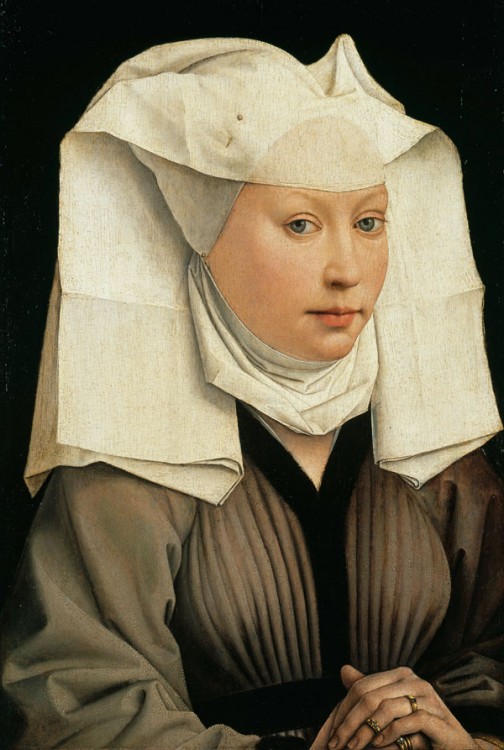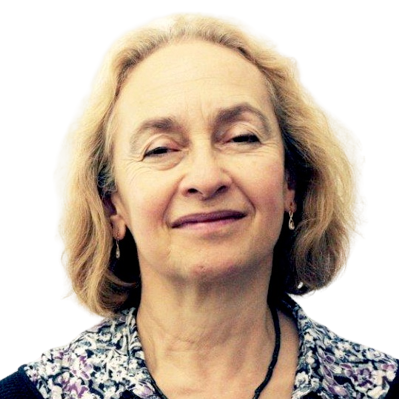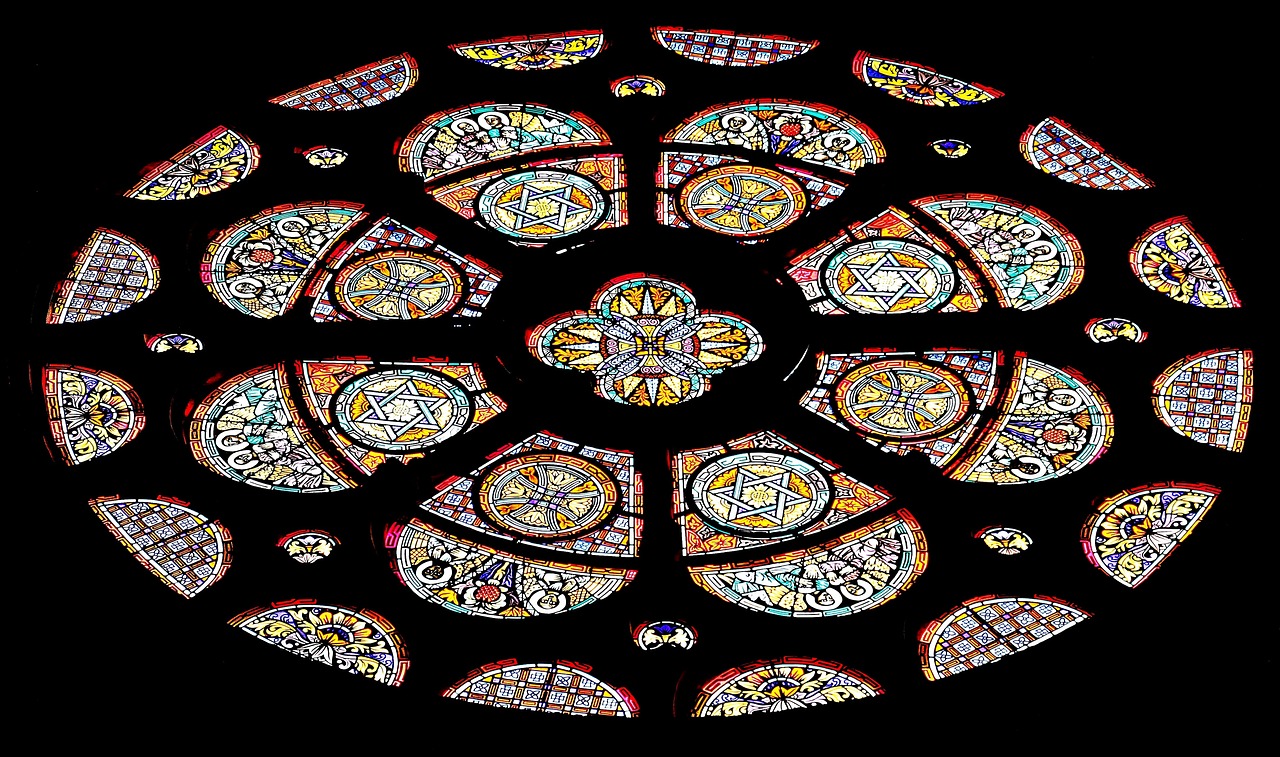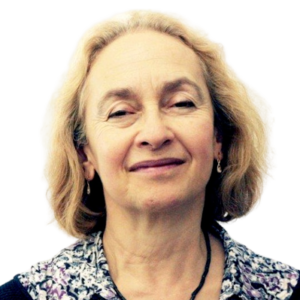Evelyn Underhill, the great 20th century writer on mysticism, wrote a letter to some of the church leaders of her day asking them to consider how we train clergy and priests and pastors.
To lead people in their encounter with God, she thought that generally speaking in her day at least, and we can think about whether we think that applies in our day, many clergy were not equipped to point people to the riches of the Christian traditions of prayer or to lead them there as experienced guides, and so were not able to make people feel the reality of God.
She wrote this resounding phrase which I quote constantly, ‘God is the interesting thing about religion, and people are hungry for God.’
Isn’t that wonderful? Her point was that people don’t come to faith just for ideas about God or even generally speaking to share with other nice people. People come to faith because of an encounter with God or a longing for an encounter with God. The great Christian mystics are exactly the kind of experienced guides that Underhill was talking about. They explore the pathways to and with God, and they can lead us there.
And they expected their encounter with God in the depths of prayer to make them more rather than less available for God’s word.
For example, Julian of Norwich and Catherine of Siena lived in the aftermath of the devastating plagues of the 14th century which decimated the population across Europe. Teresa of Avila travelled throughout Spain reforming and re-founding the Carmelite orders, and roads in Spain at that time were not fun to travel on. Hildegarde of Bingen advised theologians and church leaders. She wrote theology, she painted, she composed music, she was an extraordinary polymath. Thérèse of Lisieux suffered from severe illness for most of her short life, so not people shut away from God’s world.

Mysticism and contemplation are not meant to be refuges or ivory towers. They are actually deep plunges into the exhilarating, demanding creative love of God. The prayer of the mystics flows from an encounter with God who is the interesting thing about religion. The most real reality. When we take these mystics as guides, they’ll come with us to God, God who is already reaching out to meet us. We don’t need to do this on our own.
Now you would expect me to say this as somebody who teaches theology for a living, but theology and mysticism aren’t opposed to each other. God is worthy of exploration with all the faculties that we have, and we must always be wary of making God in our own image, which we are prone to do if we are not prepared to think about God, and wary of turning prayer into a private space where we can’t be challenged, which is just about me and my God.
God who has a character, God who has purposes, a God who is not just a figment of our imagination, but an absolute reality. And they’re talking in prayer and as they write about their lives of prayer, they’re talking about the one who has come to find them, whose reality they cannot doubt whose presence is transformative. For people like us hungry for God, we don’t have to choose either theology or contemplation, but we do have to be ready to admit that only God can satisfy our deepest longings.
Exploring prayer with women mystics is an adventure into God, the God who loves us and is already reaching out to invite us in.
Curious to learn more?
Dr. Jane Williams together with well-known practitioners of prayer and theology will lead a six-talk series on their favourite women mystics, from May 8 to November 27.






